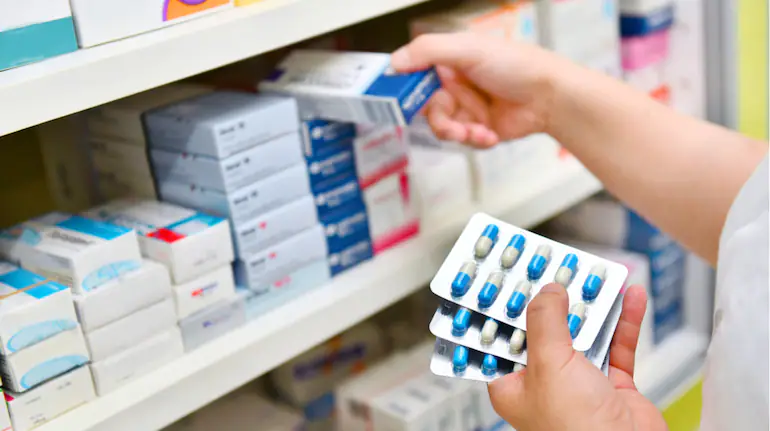By: Kyle Zhu
When three USFDA inspectors arrived at the Intas Pharmaceutical plant on last November in India and found hundreds of trash bags full of shredded documents tossed into a garbage truck, they suspected something was up. Over the course of the next few days, quality problems were quickly showing up, and had to be stopped and recalled. The plant provided more than half of America’s generic cisplatin and carboplatin, two drugs which combined treat around 500000 new cancer patients per year.
In present of America, patients from California to Virginia are facing a crisis. The shortage of the drugs causes record low rations on cancer patients ranging from breast and cervical to lung and testicular, many of which would lead to preventable deaths.
Isabella McDonald, a junior at Utah Valley University, was diagnosed with a rare, and often fatal bone cancer whose treatment requires the drug methotrexate. But when her second round of treatments began in June, clinicians had to reduce the dose of methotrexate due to a shortage, said Brent McDonald, Isabella’s father.
At Dr. Bonny Moore’s practice in Virginia, clinicians had to give 60% of the recommended dose of carboplatin to cancer patients and has recently risen to 80% due to a small number of shipments received the following week. However, this wasn’t enough for the people who had lives at stake. Doses remained at 80% from June 2nd and haven’t changed at all 10 days later.
Cisplatin and Carboplatin are only examples of generic drugs in shortage. At least 12 other cancer drugs, ADHD, blood thinners and antibiotics are unable to keep up with demand. And whilst COVID and low FDA foresight may have contributed to this, the main cause that most scientists agree on is the underlying weakness in the generic drug industry.
Generic drugs are drugs made for no profit and sometimes loss. Made mostly overseas, they can be sold as cheap as $6 a dose in the case of cisplatin in contrast to the tens of thousands of dollars other branded drugs can cost. Generic drugs are essential for providing care to the lower and middle class and are key counterpoints against pharmaceutical monopolies.
Domestic manufacturers have no interest in creating them, as there is no revenue generated, their goal instead on expensive drugs that can be patented for monopoly. Dr. Mark Ratain, a cancer doctor and pharmacologist describes the situation as “parents who have a caving roof but instead spend money on a basketball court for their sons to be NBA when they grow up.”
Surveys conducted this June found that 93% of patients had carboplatin shortages, 70% lacking cisplatin. Dr. Bonny Moore finds it ironical that “Our office stayed open during COVID; we never had to stop treating patients. We got them vaccinated, kept them safe, and now I can’t get them a $10 drug.”
The causes of the shortage were not without cause. However, this time it was the price that may have started it. A research conducted by Anthony Sardella, a business professor at Washington University in St. Louis, showed that the average price of generic drugs fell by more than 50% between 2016 and 2022. In addition to their competition with other generics and big brands, their profits sink way beyond what they expect. As an example, Akorn, which made 75 common generic drugs, bankrupted in February. Teva, an Israeli generics company that had wide range of products of over 3600 drugs announced in May that it was shifting to profitable drugs such as brand-name drugs and high value generics. Lannett Co., creating about 120 generics, announced a reorganization due to declining revenue. David Gaugh, interim chief executive of the Assn. for Accessible Medicines, estimates that in the past about a third of the drugs generic companies produced were at least unprofitable, whilst in the present half the drugs would be losing revenue.
The solution, however, is not to abandon the generics industry. Sardella and others have proposed that the government should step in to make US generics run full time, where federal agencies like Centers for Medicare and Medicaid Services could pay more for more safely and efficiently produced drugs, a more stable supply chain would be promoted, says Sardella.
Dr. Mark Ratain and his colleague Dr. Satyajit Kosuri has proposed the creation of an emergency reserve of generic drugs, not unlike the Strategic Petroleum Reserve, set up in 1975 in response to the OPEC oil crisis or the Global Seed Vault in Norway in preparation for the future. Ratain believes that, after selling a quarter million barrels of oil, the cash generated would be enough to stock 2 years’ worth of carboplatin and cisplatin.











